Probiotics for Infants: Everything You Need to Know
Probiotics for Infants: Everything You Need to Know
As parents, we are bombarded with so many decisions.
This is often made worse by the Internet, where it seems that everyone has an opinion, and they are often contradicting.
Breast milk or formula?
Crib or Co-Sleep?
Pureed food or Baby Led Weaning?
How many Cheetos are too many?
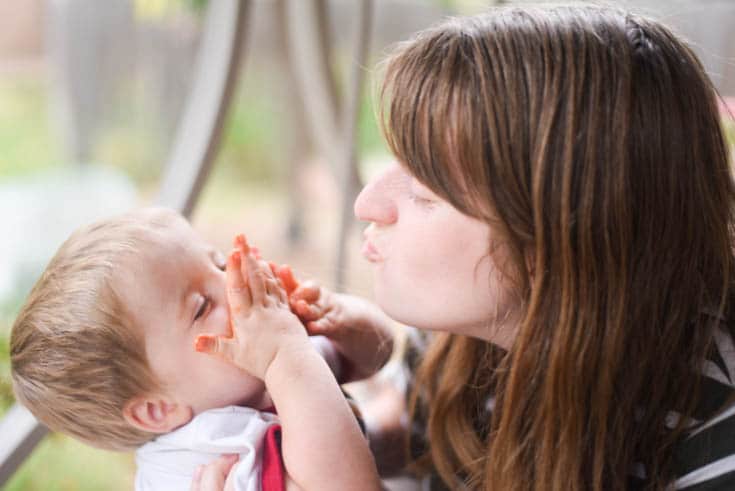
And let’s not even get started on all the millions of different parenting styles (and how each one will definitely mess your child up…ha!)
In recent years, a new topic of discussion has become prevalent in not just the baby world – but the health world in general.
Probiotics.
I would wager to say that someone asks about these at least (usually multiple times) a week in the breastfeeding support group I run.
So, I thought it was about time I wrote an article on this topic. When I was approached by Evivo about trying out their product and writing a sponsored post, I thought it was the perfect time. However, I promise, I’ve done lots of research on this topic, so I hope that you will find this article enlightening and helpful.
I will also say that some of this is a bit scientific (though I find it fascinating), so feel free to skim 🙂
And, as always, nothing in this post or on this blog should be taken as medical advice. Always consult with your physician or IBCLC before adding something new into your child’s diet, or any probiotics for kids.
Do Infants Need Probiotics?
Who needs probiotics? Well, everyone in this picture below sure does!

Just about everyone can benefit from probiotics – including infants. However, there are some infants that may get additional benefits from probiotics.
Babies born via C-section
There are reasons why a baby born via c-section may benefit from extra probiotics. for the purposes of this post, I won’share that information, but I recommend,,end researching this topic
Infants on any course of antibiotics
Antibiotics can be very hard on the digestive system. I was actually on antibiotics for the first few years of my life (yes, I said years), and I strongly believe that it it has to do with that antibiotic use.
Many doctors are now prescribing probiotics whenever they prescribe antibiotics, and I think that this is a good idea. Antibiotics kill the good AND bad bacteria, which really can affect your digestive health. If your infant is getting antibiotics, definitely consider adding a daily probiotic during and after treatment.
Infants suffering from digestive issues (infant GERD/Reflux, diarrhea, constipation, trouble gaining weight)
This is where my experience with probiotics come into play. As some of you know, Jack struggled with some fairly troublesome digestive issues for about the first three years of his life. Doctor after doctor gave us different answers, but they all gave the same recommendation – probiotics.
I’ll admit, we weren’t great at giving them to him…partially because money was quite tight. However, when Oliver was suffering from GERD and slowed weight gain, and my IBCLC recommended a daily probiotic, I was all over it. I truly do believe that it affected him positively in those respects.
There is even some research that suggests probiotics can help with weight gain, though this has mainly been shown in developing countries or very pre-term babies.
Formula Fed Babies
A mother’s gut biome is transferred through her breast milk and mammary glands. Because a formula fed child won’t receive those, it may be recommended that they receive a probiotic to help protect and enhance their digestive and immune systems. There are certain brands of formula that are adding additional probiotics to their blends now.
What about breastfed babies?

“Breast milk has everything your baby needs in it.”
Yes – this is absolutely true! Breast milk has all the nutrients your baby needs to grow. It even contains probiotics to help form your baby’s microbiome and digestive system.
However, that doesn’t mean they can’t benefit from probiotics. For instance, a University of California Davis study found that breast milk promotes the growth of B. infantis, which is an important bacteria that supports a healthy infant gut.
While this would ideally transfer to the baby through it’s mother, over generations (perhaps due to increased rates of c-section, formula feeding, and other external circumstances), it is not always present in the mother’s biome to be transferred to the baby.
However, the research from the University of California Davis shows that B. infantis helps to digest and activate Oligosaccharides, which are abundant in a mother’s milk…yet often go wasted because they aren’t able to be digested. B. infantis helps to restore the infant gut to it’s natural state, so using a probiotic with this bacteria in it works hand in hand with breast milk.
This same study stated that infants in Bangledash “with the most B. infantis in their stools had better weight gain, increased thymic index, and better responses to the oral polio, tuberculosis, and tetanus vaccines.”
It also suggests that “Probiotics containing B. infantis decrease the risk of necrotizing enterocolitis in premature infants. Colonization with B. infantis is also associated with increased vaccine responses.”
So, in an ideal world, all mothers giving birth would have an abundant supply of B. infantis in her gut biome, however, in most developed countries, it is becoming less prevalent (oddly enough, the UC Davis study said it is found more often in developing countries where breastfeeding is the first choice among mothers).
In fact, on the Evivo website, they state that 97% of infants born in the USA are born without B. infantis, so it is essential to introduce this into the infant’s digestive system. They need it to get even more benefits from the already nutrient rich breast milk.
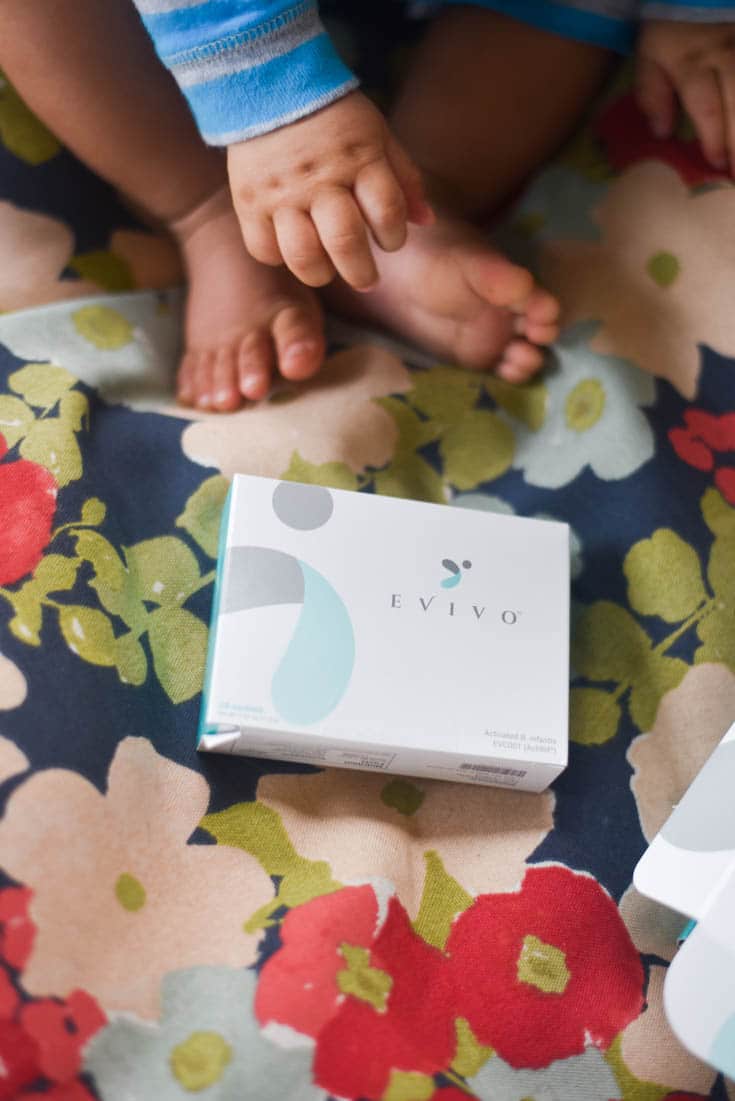
When can you give a baby probiotics?
Most bottles of probiotics that I’ve seen give recommendations for six months and up. However, they can be introduced at birth. You just need to keep in mind that if your infant is preterm, immmunocompromise, or has underlying health disorders, that you should absolutely consult with them first.
With Evivo, it has been approved for use in infants 0-12 months. Because it is not recommended to introduce solid foods to an infant before six months, you should make sure you are giving the probiotic through liquid or powdered form.
It is important to remember that probiotics are not currently regulated by the FDA, and the quality of the probiotic can vary depending on the manufacturer. I believe it’s important to discuss with your doctor their recommendation for a probiotic.
Choosing an Infant Probiotic
Now, that hard part. What probiotic should you choose?
I remember when I was looking for one for Oliver, I was so overwhelmed by all the options. There were ones that were just sitting on the shelf at the store, and then there were ones in the refrigerator. Some said it had to be mixed with breast milk in a bottle while others said you could feed it straight to the baby.
So stressful.
The truth is, it is hard to know the best one to pick, so I definitely recommend doing your research online beforehand and talking with friends and medical providers. Here are a few things you’ll encounter
Powdered versus Liquid
Probiotics are typically available in both of these forms. Liquid is typically more convenient, but from what I’ve read, powdered can be better, simply because it is more stable than a liquid, and it’s able to be delivered in it’s more natural state when in powder form.
Bacteria Strands
It’s not about having the most number of strands of bacteria in the probiotic – it’s about having the right strand. You also want to make sure the strand is activated.
As I mentioned above, B. infantis is an excellent strand to look for in your infant’s probiotic. With Evivo, this is the only strand because it is so important for an infant to have.
Best Probiotic for Infants
We all want to give our baby’s the best, right? However, telling you what the best one is can be tricky. When my doctor was recommending that I take a probiotic, she told me that sometimes it takes some trial and error, because some people need different strands of bacteria than others.
However, I do think Evivo is one of the best brands out there, simply because it is clinically proven and has activated B. infantis in it.
How do you give an infant a probiotic?
This will vary depending on the probiotic. Just read the instructions on packaging to see how best to feed it. Typically, you can find it via a dropper or mixed in with a bottle. My IBCLC suggested that I dip a clean finger into the bottle and have my son suck it off…but I don’t know how scientifically proven that one is 😉
With Evivo, it has to be mixed with a small amount of breast milk and fed with a dropped. Unfortunately at this time, it is only recommended for breastfed babies (though they are hard at work at developing a probiotic that can be used with formula).
How long should you give a probiotic?
From everything I’ve read, there’s no harm in taking a probiotic every day.
Evivo recommends giving theirs once a day for the most benefits. It is recommended to give it each day for maximum benefits, which
How long does it take for a probiotic to work?
It can take awhile for you to see the benefits for a probiotic – it’s not something that just works over night. They are most effective when used long term and regularly. However, many parents report seeing a difference in their child soon after the the probiotic is introduced.
About Evivo – and a coupon!
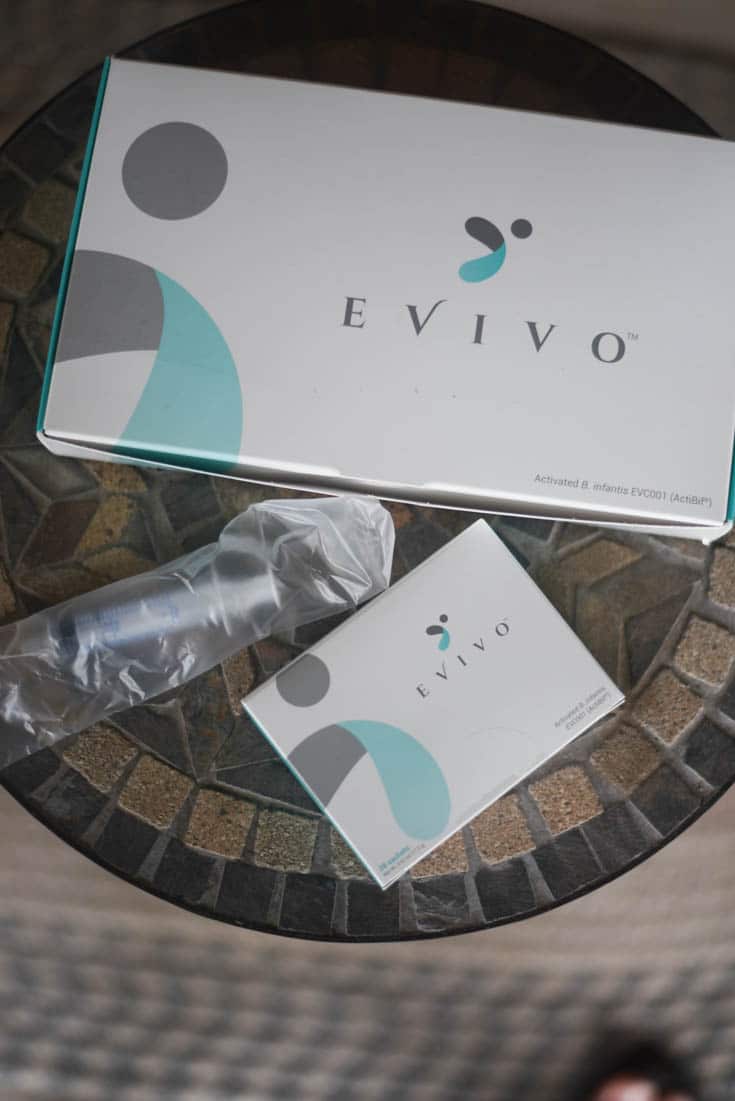
As I mentioned earlier, I have partnered with Evivo on this post. Obviously, the decision for which probiotic you should get is one that you should discuss with your doctor, but I do think Evivo is an excellent brand. I would not recommend it if I didn’t feel they offered something unique and special.
Here is a little bit more about the brand in case you are interested in purchasing it. They also have a great page for medical providers in case you want to discuss this further with your doctor.
From the Evivo Website:
“What makes Evivo the best probiotic for babies? Activated B.infantis. An activated probiotic, Evivo probiotic powder is clinically proven to restore babies’ gut microbiome to its original, natural state.
The first and only product of its kind, Evivo is clinically proven to restore a healthy gut in your baby. A daily probiotic powder, Evivo mixed with breast milk and fed to babies helps release nutrients in breast milk tocreate a protective internal environment in baby’s gut. It also helps develop baby’s immune system, and builds the foundation for good health for life. No wonder Evivo is the best probiotic for babies.” (read more on the FAQ page).
Keep in mind that Evivo is currently only compatible with being mixed with breast milk. They are hard at work at making a probiotic for formula fed infants. However, there are other probiotics that a formula fed infant can take!
We are offering a coupon for $10 off a starter pack from Evivo’s website with the coupon code ev7-b75ba3f2 to 50 of our readers. This code expires on September 30th, 2017.
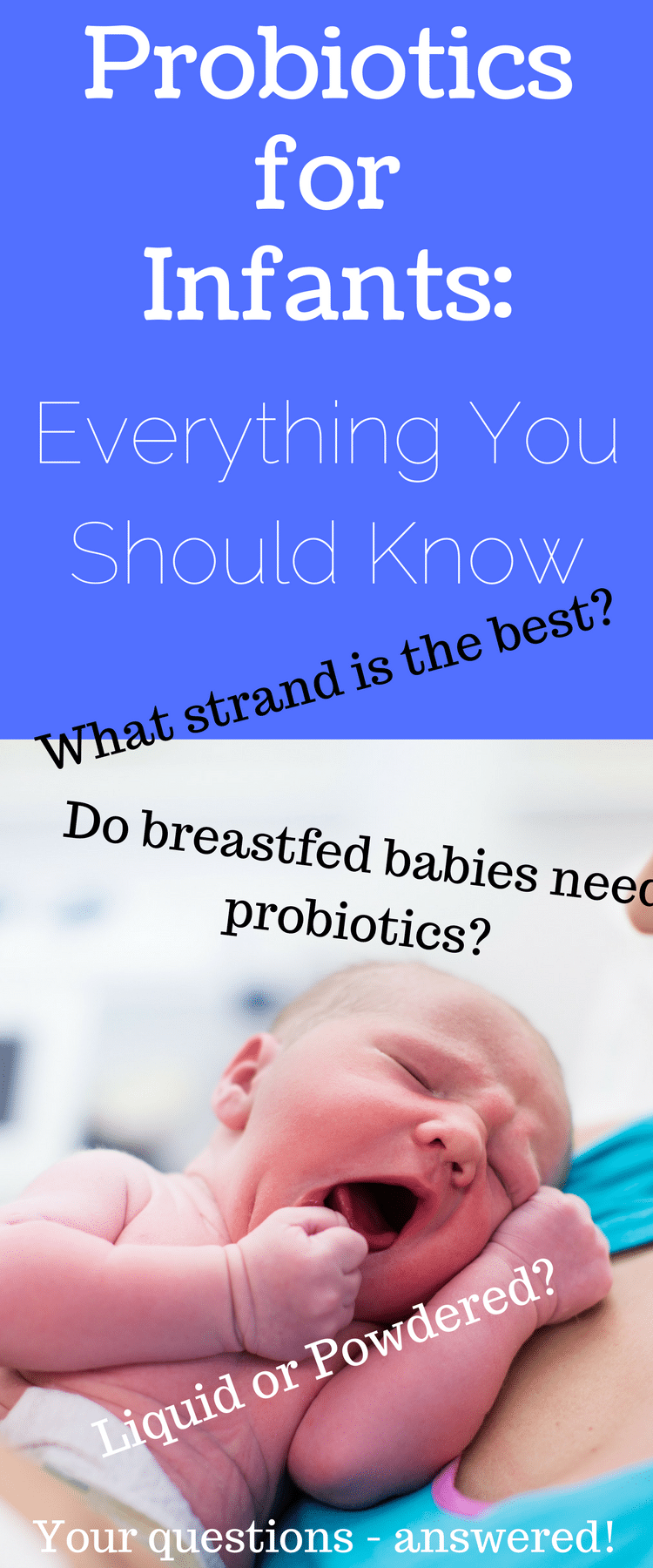



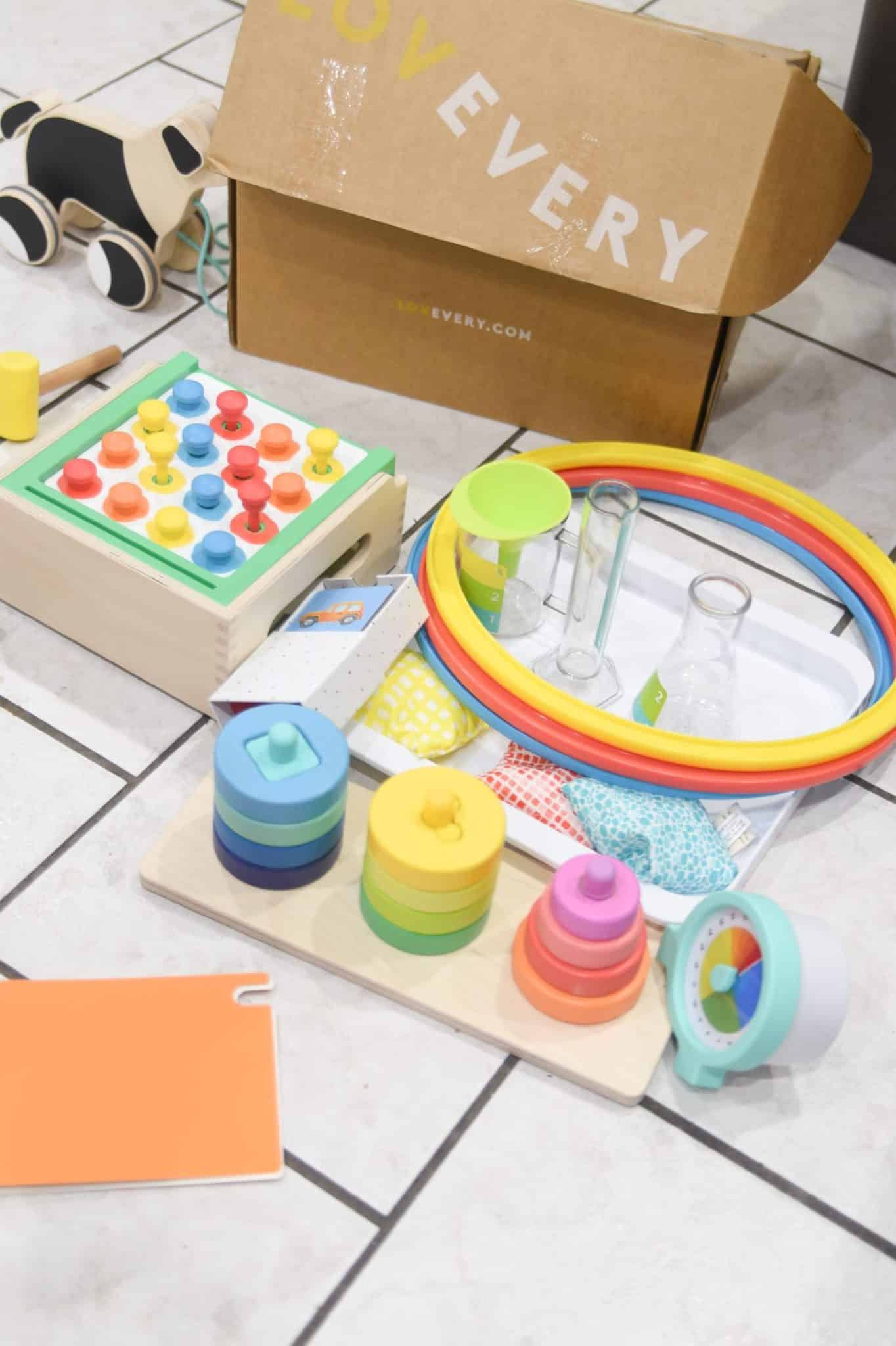

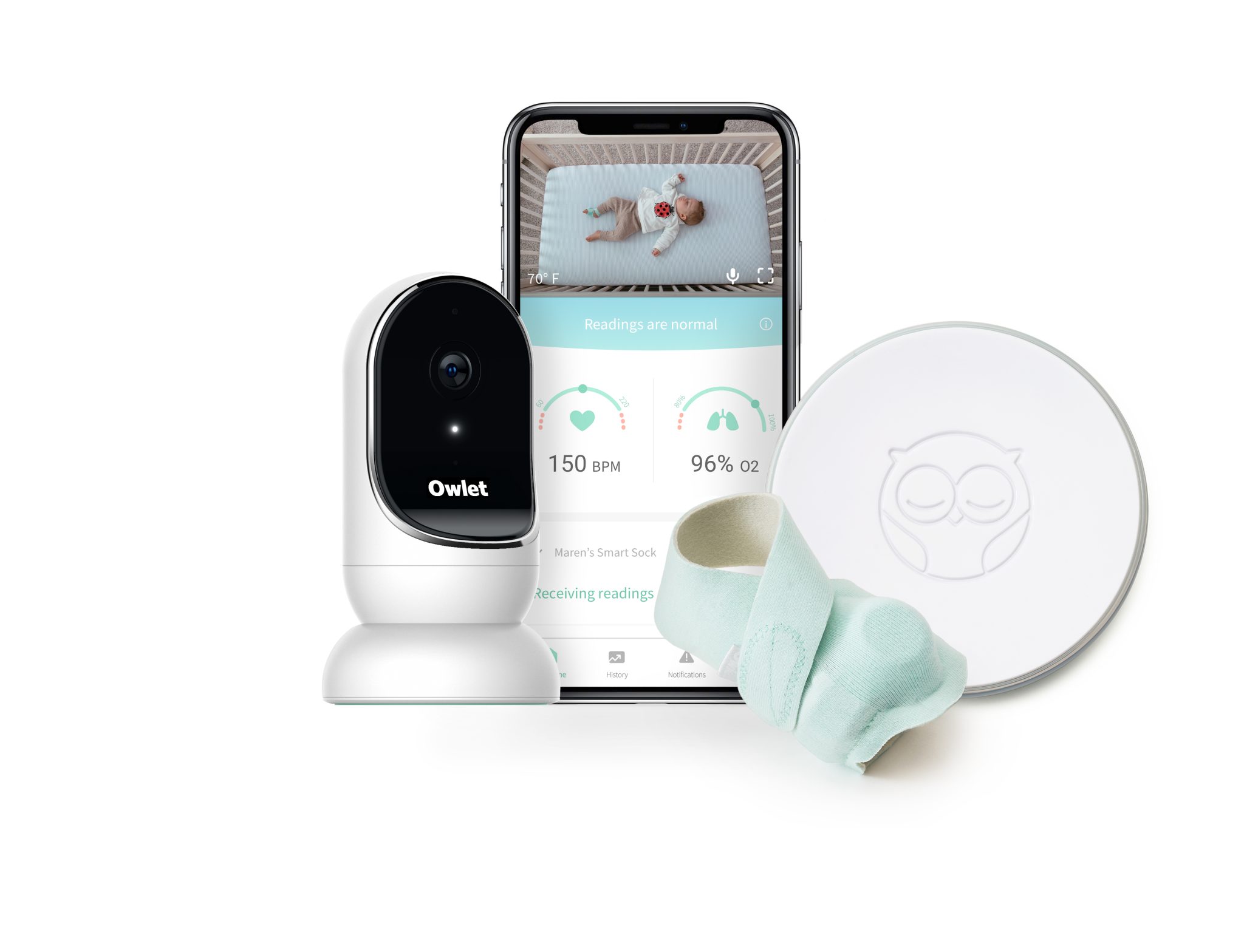
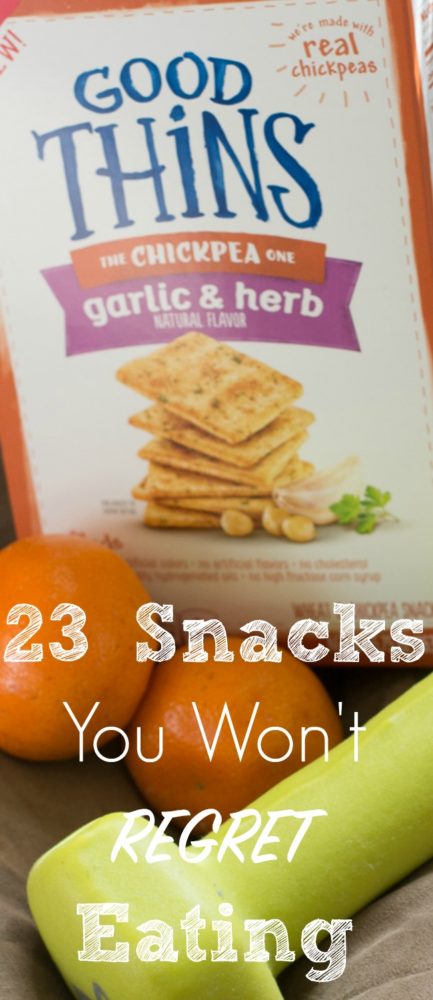
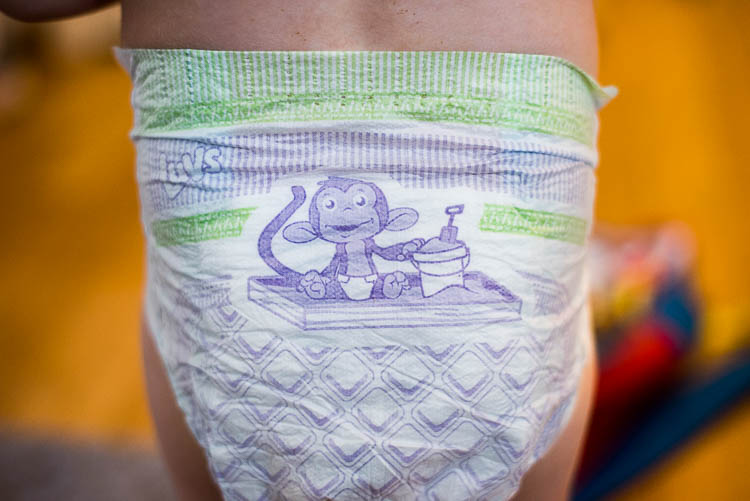
Why is Evivo only for breastfed babies?
It has been formulated specifically to work with breastfed babies. I believe they are working on one that is compatible with formula as well 🙂
I didn’t know like any of this. Definitely saving and pinning this one!